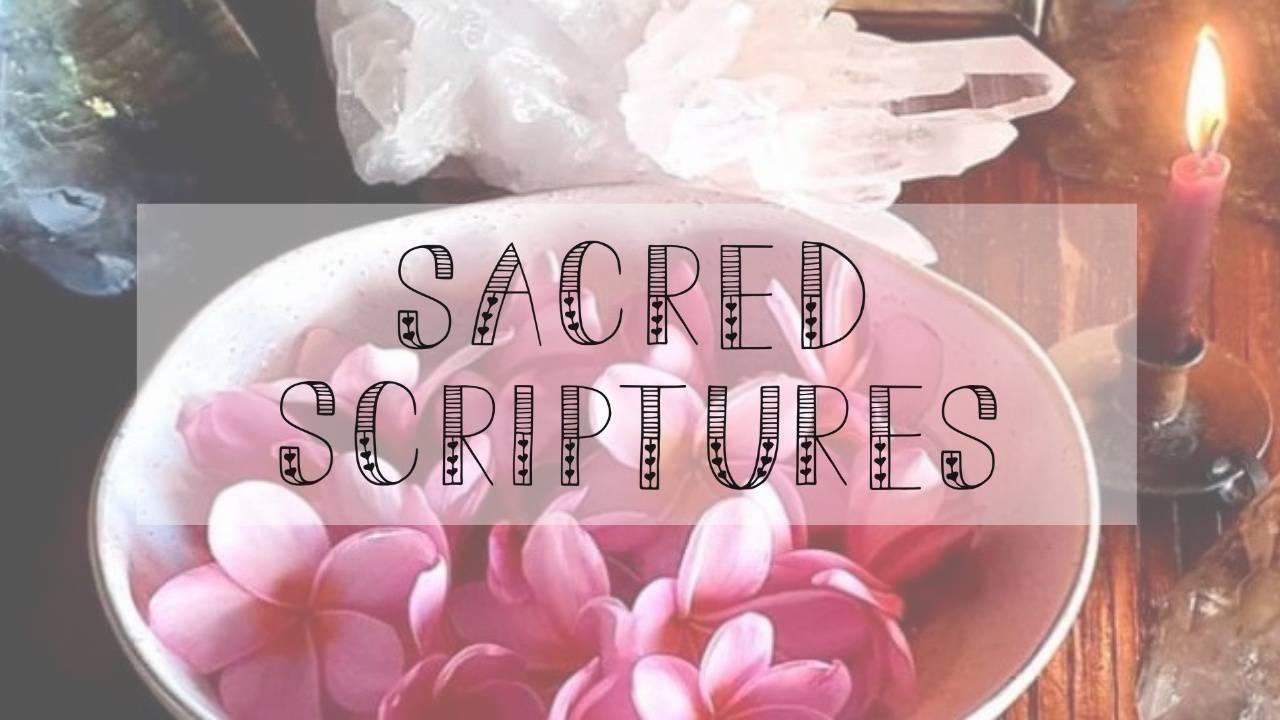Bhagavad Gita: Path of Devotion
Jun 28, 2022
The following reflection was written by a group in the Advanced Yoga Teacher Training (2020) Sacred Scripture module. For more information about the 2022 round of this training starting in July check here https://www.sukhamukhayoga.com/copy-of-sacred-scripture
Bhagavad Gita – Shloka 9.26 COMMENTARY
patram puspam phalam toyam yo me bhaktya prayacchati
tad aham bhakty-upahrtam asnami prayatatmanah
SYNONYMS
patram—a leaf; puspam—a flower; phalam—a fruit; toyam—water; yah—whoever; me—unto Me; bhaktya—with devotion; prayacchati—offers; tat—that; aham—I; bhakti-upahrtam—offered in devotion; asnami—accept; prayata-atmanah—of one in pure consciousness.
TRANSLATION (from Sharon Gannon)
Whatever is offered to Me with a pure loving heart, no matter if it is as small as leaf, a flower, a piece of fruit, or a sip of water, I will accept it.
COMMENTARY
As Swami Kriyananda states in the Essence of the Bhagavad Gita, the comments of Paramhansa Yogananda, this shloka suggests that man's most ephemeral thought and insignificant action may be used as stepping-stones toward the Divine, or if we prefer God, the Universe, the common good, the supreme energy, our supreme self.
True devotees virtuously offer Him their flourishing spiritual understanding (Jnana Yoga), the blossoms of love from their hearts (Bhakti Yoga), the fruits of their noble actions (Karma Yoga), and their sacred intuition about the divine union through the river of meditation (Raja Yoga).
According to Krishna’s teachings these four paths will lead us to liberation:
-
Bhakti Yoga is the yoga of love and devotion, ultimately to the Divine but it can be directed to all living beings and to ourselves. It is the path of unconditional love. The Bhakti yogi is pure in thoughts, words and actions.
-
Karma Yoga is performing action without attachment to the outcome. It is the path of selfless service where one ceases to identify with the ego and all action is seen as an offering to the Divine.
-
Jnana Yoga or the path of knowledge or wisdom, invites us, amongst others, to make a deliberate and intellectual choice, to discriminate with discernment, to transcend human experience, to access the true nature of consciousness which is bliss.
-
Raja Yoga is the Royal Yoga, the combination of the three paths mentioned above, that guides us to the knowledge of everything. This path is detailed by Patanjali in the Yoga Sutras (one of the fundamental books of modern Yoga) and is divided into eight stages, the so-called " 8 limbs of yoga".
As the shloka 9.26 suggests, God does not need anything from us that one might not be able to offer. We can all, no matter how rich or poor we are, be in God’s service by offering him our attention, our every moment’s love and devotion. It is not what is offered that matters, it is only the intention with which it is offered. It is the Bhakti of the devotee that is pleasing to God, and not the worth of the offering.
Krishna, in this shloka, invites us to reflect on the power of intention. We can bring this reflection in our everyday life: How do we move through life? What energy infuses everything we do?
We can do the best possible action without a noble intention or, on the contrary, we can put the best intention but the result may not look like the best. In all the paths of Yoga the intention is always more important than the results of the action.
Donna Farhi beautifully explains the power of intention in an asana practice: 'In truth it matters less what we do in practice than how we do it and why we do it. The same posture, the same sequence, the same meditation done with a different intention takes on an entirely new meaning and will have entirely different outcomes.'
In a yoga class, we are often invited to set an intention, a Sankalpa, at the beginning of the class. The Sanskrit, Sankalpa, can be translated as deep resolve. Setting an intention is a powerful tool in our everyday life to guide us, to give a meaning to an action, and to become more present.
We are always free to deliberately use our mind to decide which path to follow. In every moment in our everyday life, we can discriminate. We cannot control how things unfold in our lives and what events we will have to face but we always have a choice of how we decide to respond to them.
By intentionally choosing the path of love in our everyday life, by making love the primary motivation of our actions, words, and thoughts, our lives can be transformed.
🌹
Looking to dive deeper into Ayurveda and Yoga with KATIE ROSE? Here's a helpful list of my most popular resources...
